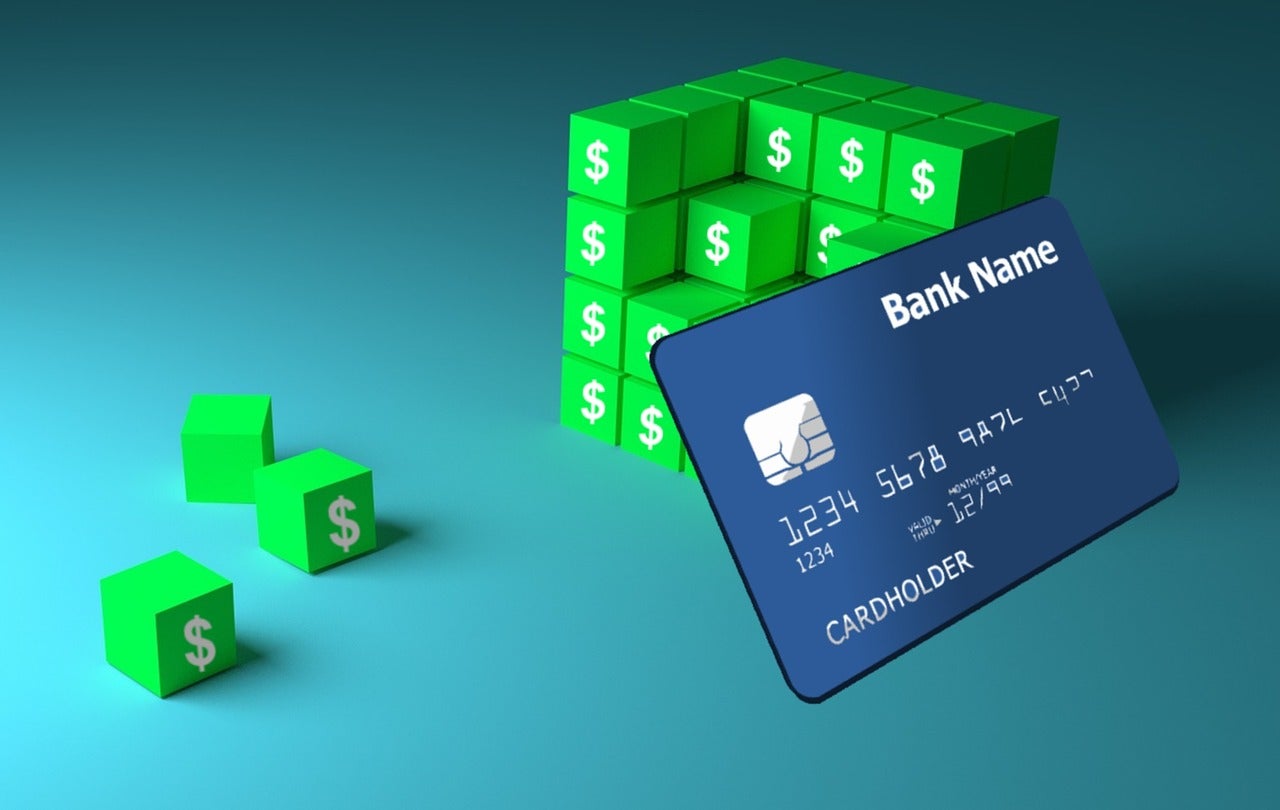
Bad credit is a challenge, but it doesn’t have to be the end of the road! Many adults live with and overcome poor credit ratings. Today we wanted to describe situations that lead to bad credit – and what you can do to alleviate the problem.
The Formula
A poor credit score may be as low as 300, whilst a good credit score is often as high as 850. All in all, there are five factors that determine your credit rating. These include your payment history, your credit history, new credit applications, current debts and current credit. One way to avoid a low credit score is to refrain from carrying high credit card balances.
Payment History
Both late payments and missed payments can have a damaging effect on your credit score. It’s important to know that these late payments can stay on your record for up to ten years. Try and pay all bills in full, on time each and every month. This will result in a clean credit history and a higher score. Some specialist lenders offer short-term loans or even loans over 12 months to those with bad credit scores. Borrowing manageable amounts and making your payments on time can also help to build a positive credit payment history.
Avoid too many credit cards
Owning multiple credit cards doesn’t necessarily improve your credit score. Try and opt for a mix of credit products instead, such as a car loan, a mortgage, one or two credit cards and a home equity loan. Hitting the right balance between the different types of credit available will greatly improve your score.
Current debts
Owning several cards with a high balance on each could lower your score. Try to invest in just one or two cards and make regular repayments every month.
Credit history
Even if you have a long history of good credit, one missed payment can make all the difference. Both missed payments and applying for new credit can massively lower your credit score. Loans for people with bad credit are available but should only be an option if repayments can be afforded.
Bad credit: Steps to take
If you have a bad credit score, it’s important to address your credit rating with the intention of improving it fast.
Adjust your spending habits
The first and foremost step to address when tackling bad credit is the root of the problem, which is often your spending habits. It’s a good idea to write down exactly what you spend each and every day.
Once you’ve accumulated a list, identify areas where you are spending unnecessary money. Even a small change, such as making a packed lunch every day as opposed to buying lunch, will have a huge effect on your bank account.
Pay bills on time
Missing a payment can have a detrimental effect on your credit score. From consolidating your debt to setting up automatic repayments, there are a number of ways you can ensure bills are paid in full and on time each and every month.
Improve your home
Some of our biggest spending habits are associated with the home. From reducing energy consumption by turning off lights and only having the heating on when needed, to avoiding food wastage, there are many ways you can save in the home environment.
Track your finances
Unless you keep track of income and outgoings, you’re likely to become confused. Knowing when bills are due and how much you have in your account at all times will help you to avoid missed and late payments.
Get help
Investing in the services of a free debt advisor is a great idea, especially if you’re struggling to see the wood for the trees. A debt advisor will point you in the right direction when it comes to getting your finances back on track.
Put all of your eggs into the one basket
Debt consolidation loans are an asset to those who wish to tie all of their debts together. By putting all of your eggs into the one basket, you’re able to make just the one payment each and every month, as opposed to several. This type of loan often offers a lower interest rate and requires fewer repayments.
3092 Views












